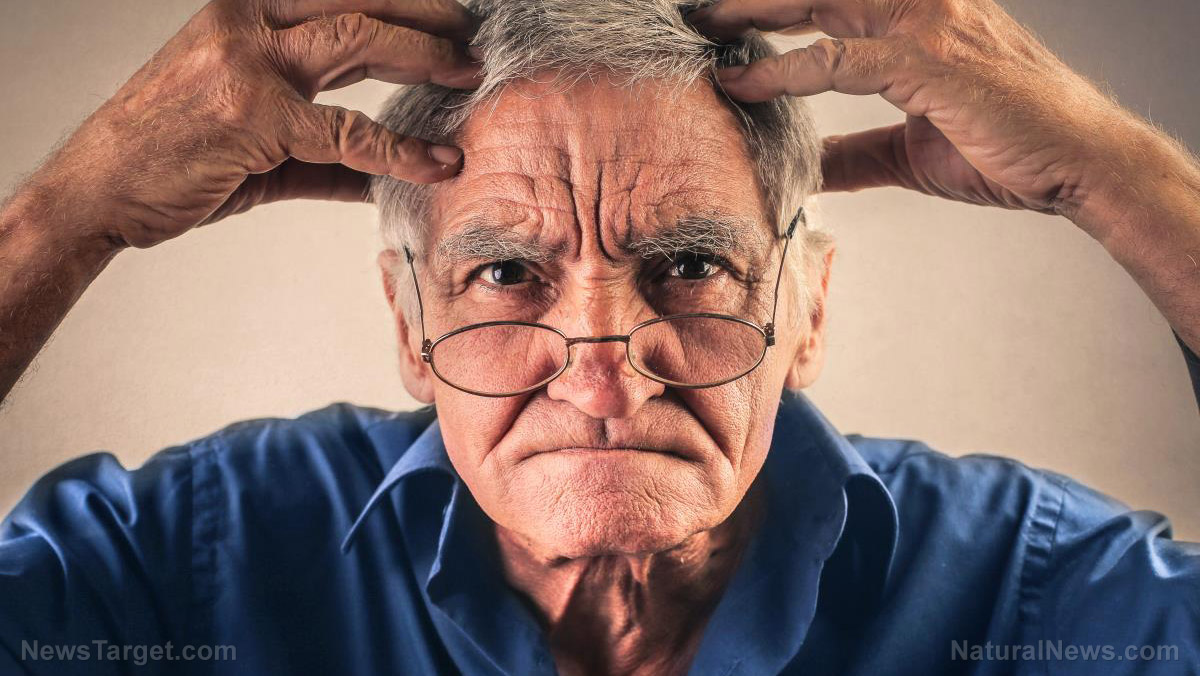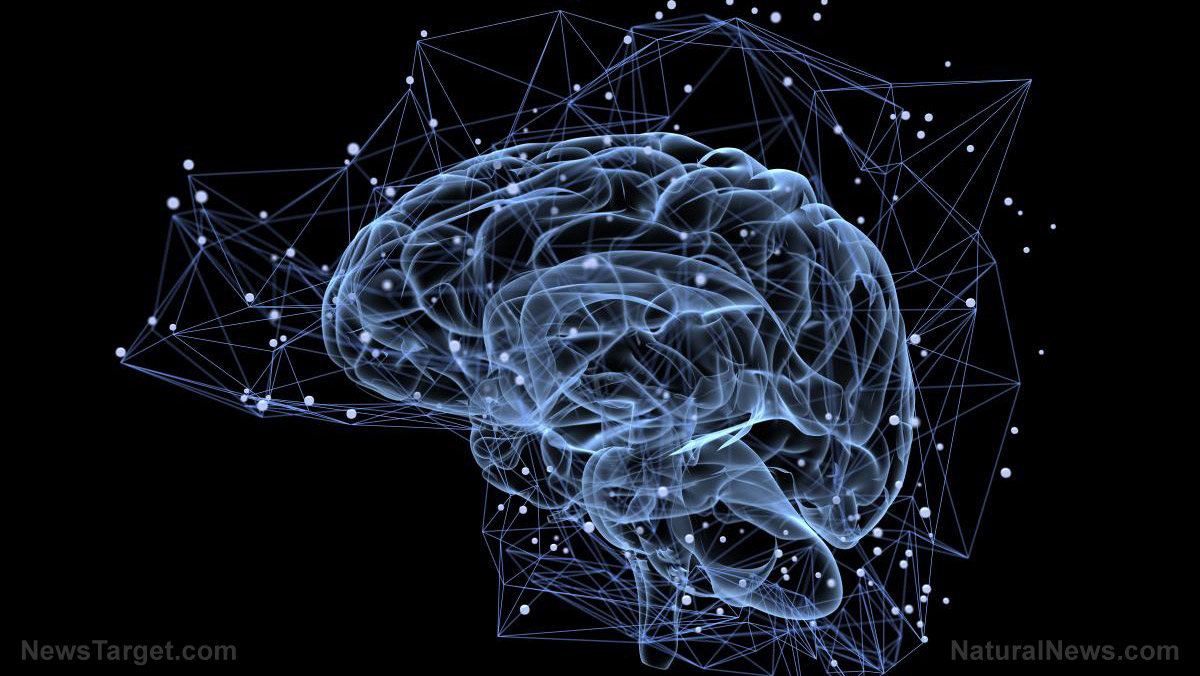The link between physical exercise and preventing depression
10/16/2018 / By Rhonda Johansson

Winston Churchill once called his depression “the black dog” – the constant companion whose shadow weighed him down with morbid thoughts and prevented him from living a peaceful life. This dog, as it was, chained Churchill to a state of continual inaction until depression seemed not only a state of being but an actual life experience. Indeed, for many people suffering from depression, it may seem almost impossible to go out and move around. However, a growing body of evidence suggests that exercise may be an all-natural and incredibly effective way to fight depression.
There is a cliche that a “healthy body equals a healthy mind.” We know that this is not always the case: Professional athletes are not immune to psychiatric illnesses, and cancer patients may actually have a strong mental outlook. Nevertheless, there is an inherent truth that physical activity may serve as a protective (and in some cases, curative) factor for our mood. A report from the CDC stated that only 23.5 percent of adults aged 18 and over met the Physical Activity Guidelines for both aerobic and muscle-strengthening activity. Considering that depression is one of the leading causes of disability worldwide (and experts estimate that 15 percent of the adult population will experience some form of the disease at some point in their lifetime), it is important that we understand what causes the mental disorder and what can be done to treat it.
The exercise effect
Depression is a multi-factorial illness. No one event can be said to cause depression or explain its severity and/or how long it will last. Psychiatric drugs attempt to cure the disease by manipulating the production and uptake of certain neurotransmitters. They do nothing to remedy the other symptoms of depression such as sleep disturbances and appetite difficulties.
Exercise may be a good way to address these symptoms. Physical activity starts a biological cascade of health benefits, like improving sleep and blood pressure. Further, exercise naturally releases feel-good chemicals that synthetic drugs try to replicate. This “runner’s high” that we often feel after a great workout session floods the brain with the chemicals it needs to properly regulate mood. Done regularly, exercise spurs the release of proteins called neurotrophic growth factors which cause neurons to create new connections. This helps the brain function better, and in turn, may help a person feel better for a longer period of time.
Dr. Michael Craig Miller, assistant professor of psychiatry at Harvard Medical School explained, “In people who are depressed, neuroscientists have noticed that the hippocampus in the brain—the region that helps regulate mood—is smaller. Exercise supports nerve cell growth in the hippocampus, improving nerve cell connections, which helps relieve depression.”
Try.
Depression manifests itself as a physical disease as well. People who are depressed are often plagued by disturbed sleep, body aches, and increased pain perception. These do not encourage them to exercise. Mental health professionals accept that this is a hard cycle to break, but suggest depressed patients to start small. This can just be as simple as walking five minutes a day or doing any activity that will force the person to move around. There is no pressure to complete a marathon or even reach the corner of the block. What is important is that there is movement of some sort. Depressed patients should never be allowed to spend days on end in bed. (Related: Just walking 150 minutes per week significantly lowers your risk of depression.)
It is not clear how long people have to exercise for there to be neural improvement. Psychiatrists say that it may take a few weeks of exercising for depressed people to feel any effect. It must be stressed that exercise is a long-term activity and should not be considered as a one-time “fix.” Even as depression lessens, people should continue exercising to maintain optimal health.
Read more ways to overcome this terrible mental disease at BeatDepression.news.
Sources include:
Tagged Under: depression, exercise, fight depression, fitness, mental health, mind body science, natural cures, natural remedies, prevent disease, prevention, slender




















